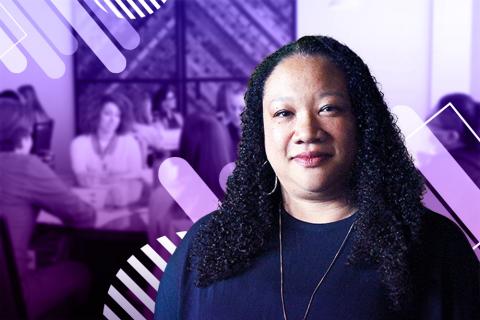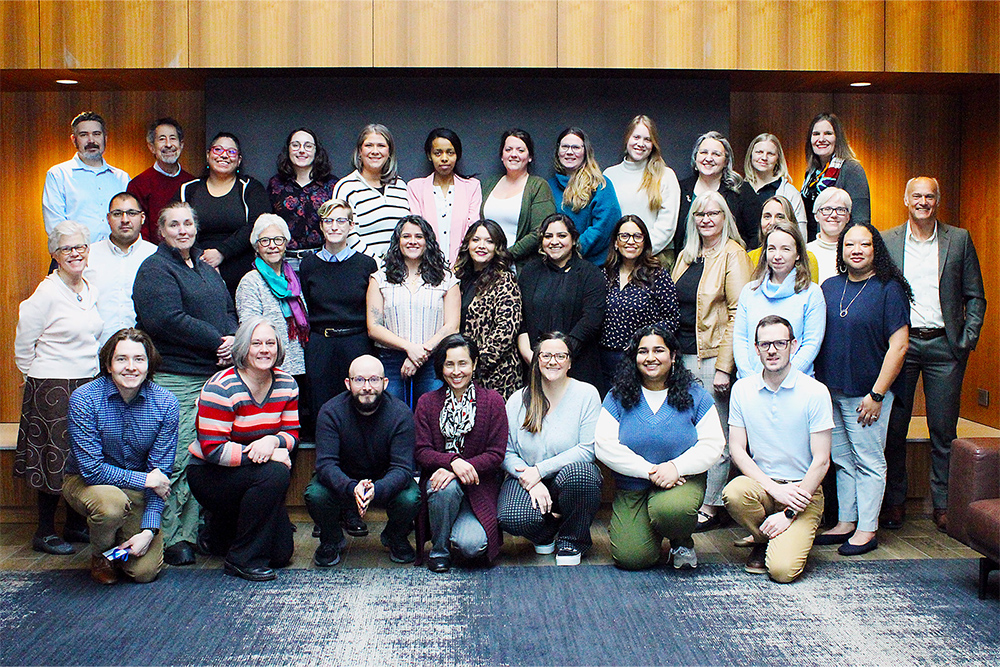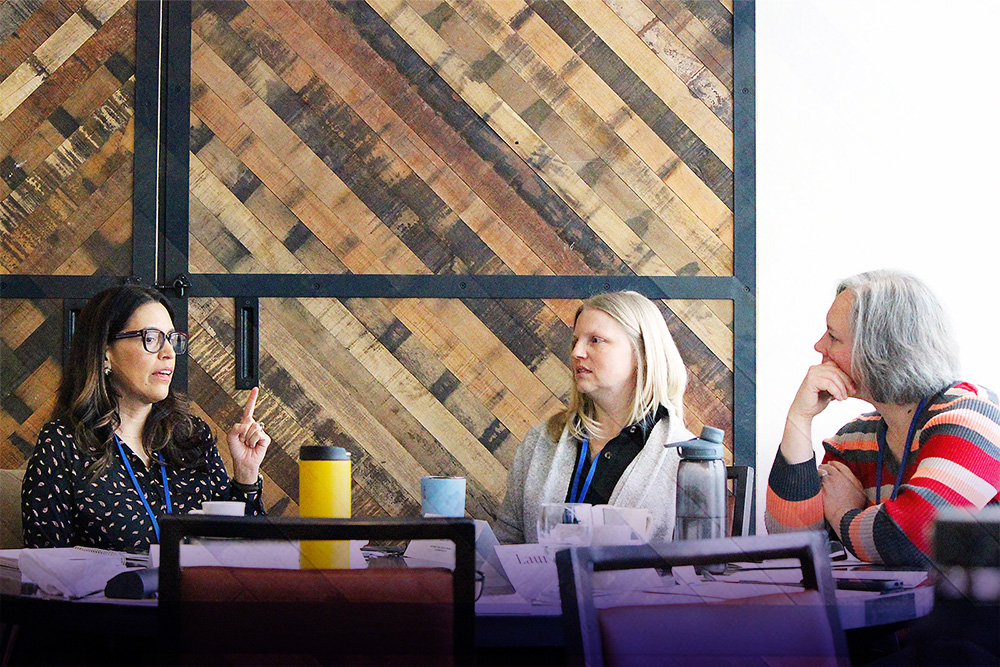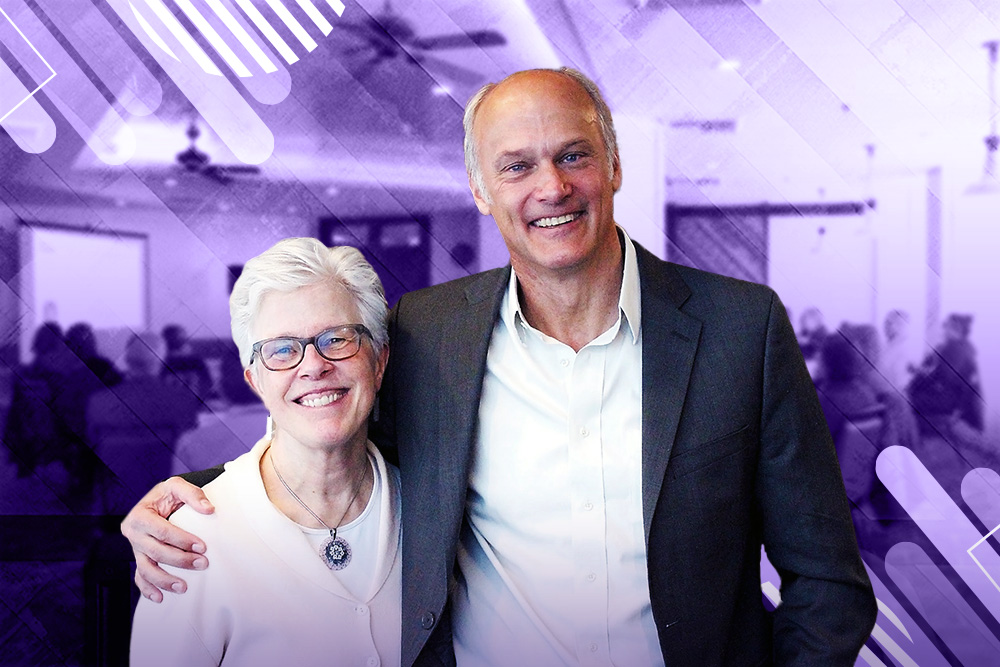
Leadership Institute Faculty, Yolanda Fong
As the Northwest Public Health & Primary Care Leadership Institute prepares to welcome another cohort, we sat down to discuss the program’s benefits with Yolanda Fong. Yolanda is the Administrator for Kitsap Public Health District and a faculty facilitator for the Critical Friends Group (CFG) component of Leadership Institute.
“My background is in nursing,” Yolanda explained. “I started in the NICU and eventually became a visiting nurse with Kitsap Public Health. While I was earning my BA in nursing, I was first exposed to public health practices, specifically programs that focus on prevention. Eventually, I earned my master’s in nursing from UW, and along the way, I continued to move into more advanced leadership positions with Kitsap Public Health. At the beginning of this year, I became the District’s Administrator.”
Yolanda became a faculty facilitator and began leading Critical Friends Groups three years ago. “I’ve always been very interested in developing my leadership skills and have attended several leadership academies and programs over the years. I’ve also always enjoyed teaching others, so this faculty facilitator role is a great way for me to do both.”
“The most unique aspect of the Leadership Institute is it brings together public health and primary care practitioners in a very intentional manner. Together they learn to share the same language. I think the most impactful portion of this program is the Critical Friends Group.”
The CFGs provide scholars with opportunities to share challenges, concerns, and struggles; peers within the program provide feedback and alternative ways of solving issues. CFGs occur regularly during the in-person and virtual sessions and are consistently the highest-rated portion of the Institute’s program.
“From my own experiences, I know that when you transition into a leadership position you often feel alone. I’ve talked with some people who’ve even felt a sense of imposter syndrome upon moving into a leadership role. What can make this even more challenging is that many organizations don’t have structures in place to help leaders receive feedback or mentoring opportunities. I think that’s where the CFGs have such a huge impact on our scholars.”
“By creating a safe space to share challenges and concerns, scholars feel less alone and develop peer mentorship. They also learn how to receive feedback, which isn’t always as easy as it sounds. When scholars discuss an issue that is brought forth, they’re forced to consider not only the suggested solutions, but they’re challenged to become more self-aware through a critical lens, and to my mind, that’s one of the most important things every leader needs to develop.”
“I enjoy watching scholars go through the CFGs, because at some point concepts click in their heads. They’re listening to feedback from peers and suddenly a light goes on. After that, they’re more capable of recognizing assumptions or areas they’d previously overlooked. It can be very challenging to find this constructive, safe, and informative space in their day-to-day work environment, and I think the CFGs are a huge part of why this program is so valuable and impactful.”
The Leadership Institute’s next cohort will begin in the spring of 2025. Learn more and apply for next year’s program.


